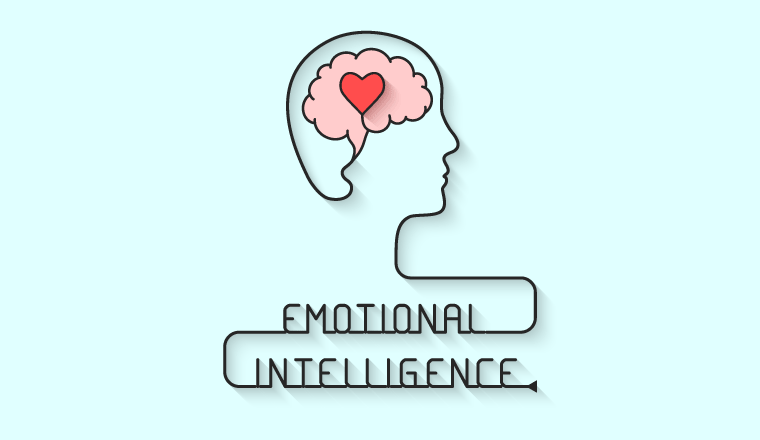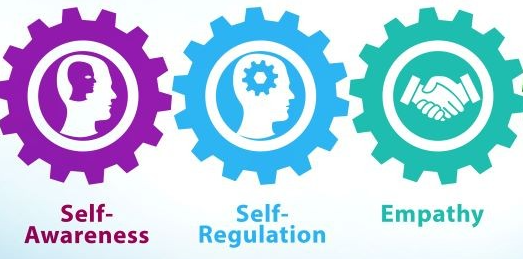Why Emotionally Intelligent Leaders Succeed

Alan White
Wellness Consultant
EazySAFE
Leaders create cultures in their organisations that promote two different mindsets for their employees. The first is the survive culture, where leaders manage their employees on a day to day basis, set targets and monitor performance.
These managers have little empathy for the people working for them, seeing them as a commodity to be utilized for maximum value and return on investment. This creates a culture where the mindset of employees is to simply survive from day to day, creating animosity, tension, stress, absenteeism and ultimately high staff turnover.
The second culture is the thrive culture. This is where leaders are self-aware and empathetic towards the teams they work with. They create a supportive environment where successes are celebrated, achievements are acknowledged and problems are solved through dialogue. Leaders who do this are Emotionally Intelligent. They not only create the platform for success for employees but put them first. This helps to create a culture where employee individual wellbeing is valued and prioritized so that the business as a whole can succeed.
Emotional Intelligence or EQ is a far greater predictor of success both in the individual and in groups, than IQ. In fact there is an 85% correlation between success and EQ. Research has shown that at all levels of employment EQ Skills such as being aware of our own emotions and those of others, is twice as effective as IQ in determining success. In fact the higher the position within an organization the more EQ matters.

When it comes to well-being within an organization, any attempt to put in place strategies to promote or improve employee mental fitness will fail unless they are developed in conjunction with emotionally intelligent leaders.
The good news is that Emotional Intelligence is a skill that can be learned rather than a trait we are born with, although some people have a more natural ability to empathise than others. Despite this, we can all learn these skills to improve our EQ. This in turn will improve the quality of our relationships which will improve overall levels of well-being.
There are three key skills that we need to learn in order to improve our emotional intelligence:

- Awareness of our own emotions. By becoming aware of our own emotions we become aware of how these can affect our mood as well as our interactions with others, either positively or negatively. When we reflect on this we become more skilled at noticing when our emotions might be either building a relationship or damaging a relationship.
- The ability to self-regulate and channel our emotions and energy productively to minimize negative effects. There are many things we can do here, such as, hobbies, exercise, meeting friends etc. This can be more challenging in the workplace however taking a short break to reflect and take a breath can often reduce the effect our negative emotions have on those around us.
- Empathy, the ability to empathise with the emotions of others. When we can notice when someone else is having a bad day we can adapt our approach. When we notice that someone is struggling in this way it’s more important than ever to make them feel safe seen and supported.
When creating a culture where employee well-being is prioritised its vital that leaders develop their own capacity to take care of themselves and others. Developing the skills of emotional intelligence is the ideal platform to do this.
For EHS Support, please get in touch.

Discover our Safety Training Platform
Train your employees anytime, anywhere with our environmental, health, safety and wellness training platform.

TAILORED TRAINING
Discover our safety training courses and ehs onboardings, which can be customised and offered in several languages.

SAFETY MANAGEMENT
Ensure the distribution of your safety policy by training your permanent, temporary or seasonal staff.

GLOBAL MONITORING
Simplify the management of your safety policy thanks to the numerous dashboards and training reports.
